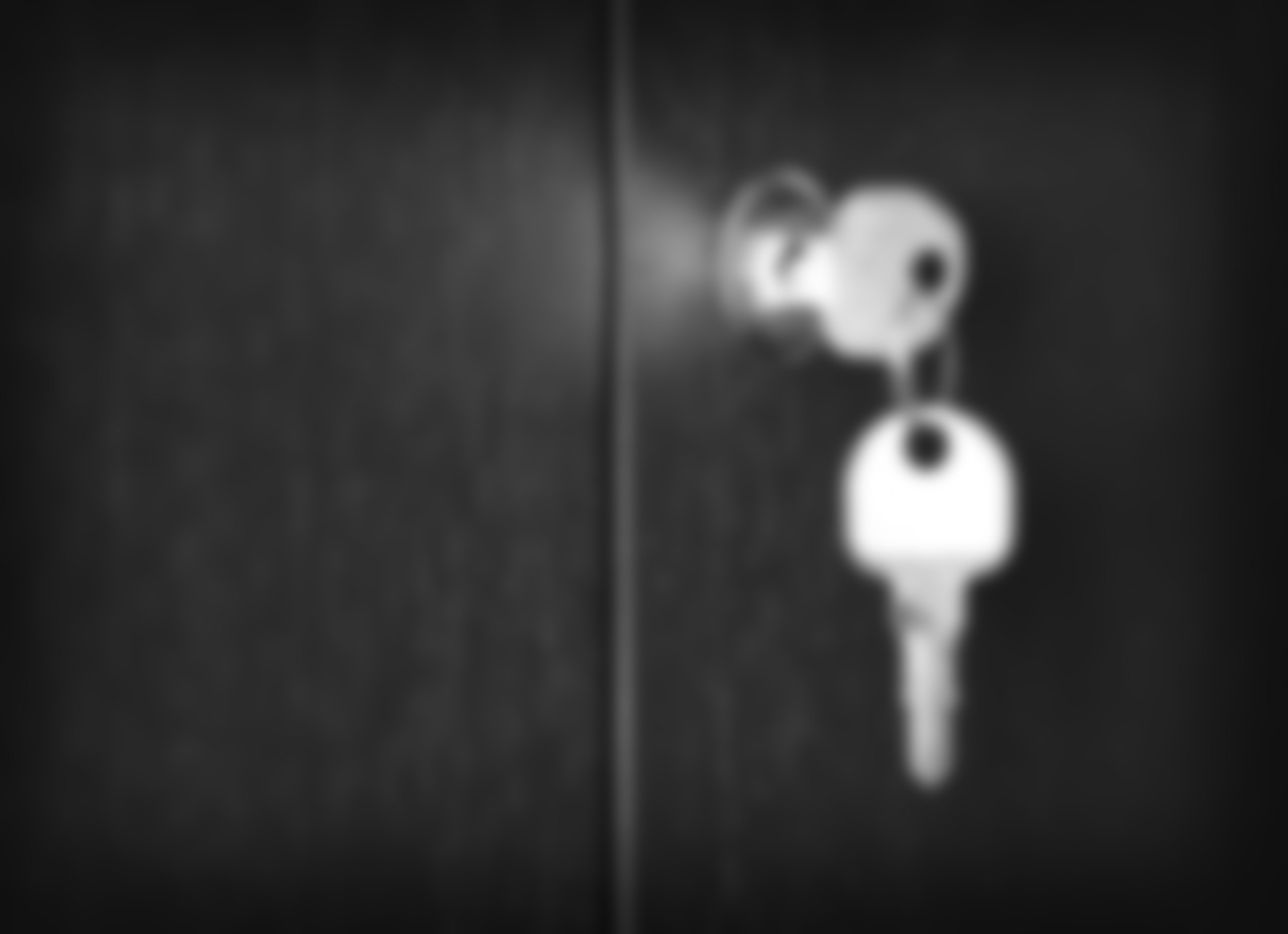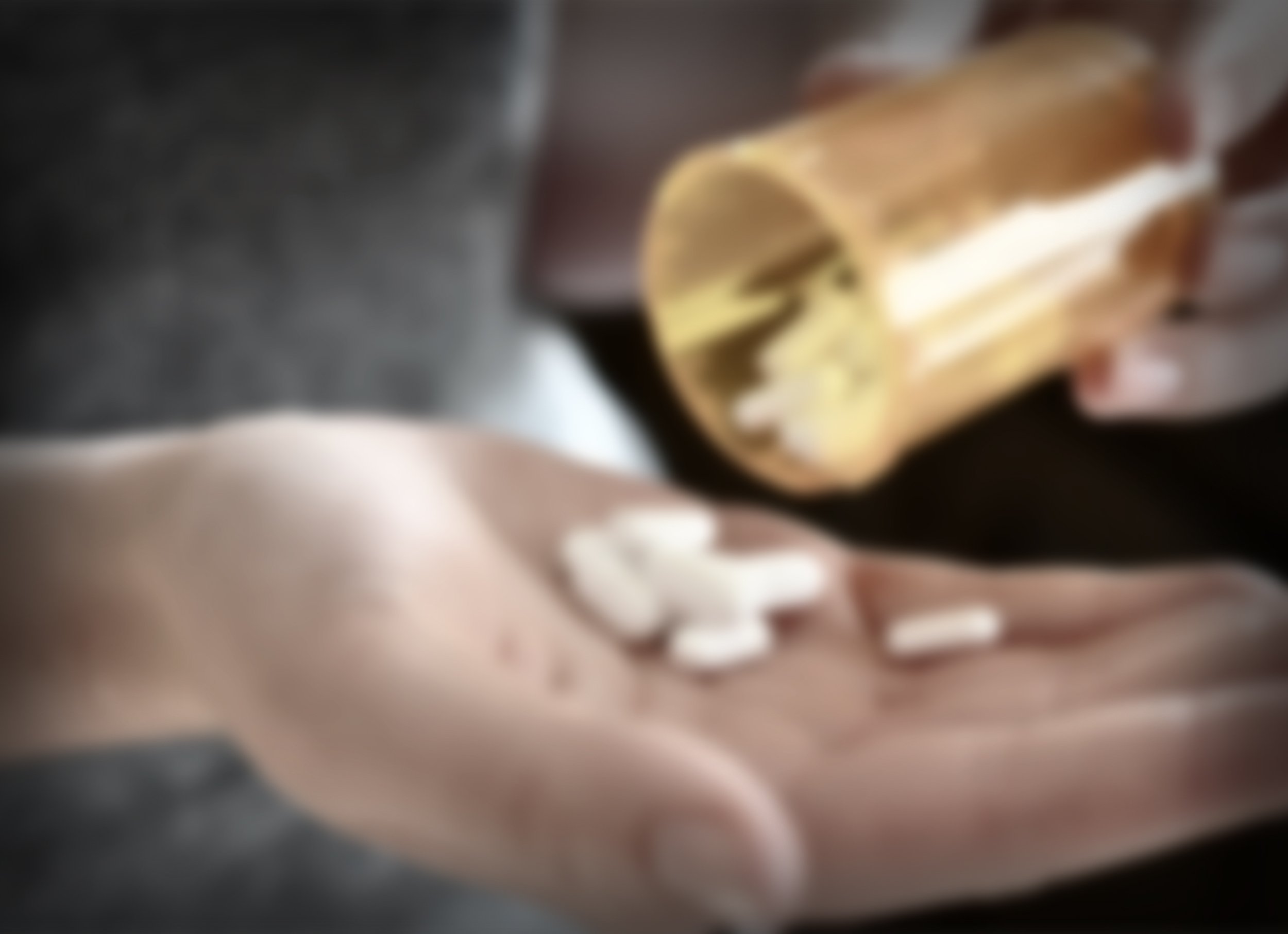

Safe Storage
According to the CDC, about 50,000 young children end up in emergency rooms each year because they got into medicines while an adult wasn’t looking. These emergency visits can be prevented by always securing medications and keeping them out of children’s reach. When it comes to opioids, Americans are now more likely to die from an opioid overdose than they are from a car accident.
Source: National Safety Council.
75 percent of opioid misuse starts with people using medication that wasn’t prescribed for them—usually taken from the home medicine cabinet, or given to them by friend or family member.
Source: Substance Abuse and Mental Health Services Administration
Simple steps, like locking up medications, can stop them from being taken and misused. The following steps will help reduce the likelihood of family members or visitors taking your prescription medications:
Find a secure place in your home. Select a location in your home that children cannot reach or see. Different families will have different places. Walk around your house and decide on the safest place to keep your medicines and vitamins. Make sure that the location you choose is out of sight and reach from any youth.
Safely store medications after use. This includes over-the-counter and prescription medication. Never leave medicine out on a kitchen counter or a bedside even if the person needs it every few hours.
If possible, purchase a Lock-box or Medication Safe. A locking cabinet can also prevent easy access to prescription medications.
Please visit our RESOURCES PAGE for additional information.
Keep Your Family Safe from Unused Opioid Pain Medicines

Not Sharing is Caring
According to the National Institute on Drug Abuse (NIDA), the fastest-growing drug problem in the United States isn’t cocaine, heroin, or methamphetamine. It is prescription drugs, and it is profoundly affecting the lives of teenagers. Even more alarming, we may unknowingly be contributing to this growing problem by sharing our prescription medications with friends or family.
Medication sharing has 2 distinct types; recreational and nonrecreational.
Recreational sharing is the sharing of abusable prescription medications to get high, to relax, or for experimentation.
Non Recreational sharing is the sharing of any prescription medication for medical use or because we think we are helping someone.
Unfortunately, both represent the non-prescribed use of medication.
Source: Prescription Medication Sharing: A Systematic Review of the Literature. April 2014, Vol 104, No. 4 American Journal of Public Health
A common misperception is that prescription drugs are “SAFER” or less harmful to one’s body than other kinds of drugs. However, there is a range of short and long-term health consequences for each type of prescription drug when used inappropriately:
Stimulants have side effects in common with cocaine and may include paranoia, dangerously high body temperatures, and an irregular heartbeat, especially if stimulants are taken in large doses or in ways other than swallowing a pill.
Opioids, which act on the same parts of the brain as heroin, can cause drowsiness, nausea, constipation, and, depending on the amount taken, slowed breathing, even death.
Depressants can cause slurred speech, shallow breathing, fatigue, disorientation, lack of coordination, and seizures upon withdrawal from chronic use.
Please visit our RESOURCES PAGE for additional information.
Don’t Share Your Medication

Safe Disposal
Most Americans do not know the serious risks of keeping unused opioids in their homes. Even fewer know how to dispose of unused opioids properly.
Source: U.S. Food and Drug Administration(FDA) Be Part of the Solution to the Opioid Crisis: Remove the Risk
Is your medicine cabinet full of expired or unused prescription medications that you no longer need or use? Prescription medications are intended to be used by the person they are prescribed for only, and what is safe for you might be harmful to someone else, including your teens.
Every year, there are thousands of calls to poison control centers after children take medication that was not prescribed for them and many of those children are under the age of 2. Research shows that even child-resistant containers cannot prevent a child from taking medicines that aren’t meant for them.
Source: U.S. Food and Drug Administration(FDA) Parents and Caregivers of Children: It’s Important to Safely Dispose of Opioids
The best way to keep your family and community safe is to dispose of any expired, or unused medications properly.
Options for Disposing of Unused or Expired Medications:
Take your medication to a year-round disposal site in your community.
Click on one of the links below to find a disposal site near you.
N.A.B.P. Disposal Search (National Association of Boards of Pharmacy)
Los Angeles County Public Works
Los Angeles County Safe Drug & Sharps Disposal Locations
Please CALL the disposal location to confirm services before your visit.
Take advantage of DEA Takeback Events that happen twice a year in April and October.
Click HERE to learn more about DEA Take-Back Events in your community
If you are unable to travel to a disposal site or Take-Back event you can request a FREE disposal bag (while supplies last) to ship your medication to a disposal site.
What Not to do:
Do Not dispose of medication in the toilette
Do Not throw away medication in the trash
Do Not Store unwanted medications for long periods
Do Not give away your unused or expired medication
TIPS WHEN DISPOSING :
Dispose of medication as soon as they are expired or no longer needed
Contact disposal location prior to visits
Remove any labels or use a marker to block out any personal information when disposing
Please visit our RESOURCES PAGE for additional information.
Safe Disposal
Keeping unused or expired medication in your home can increase the risk of prescription medication misuse and abuse. Eliminating any expired or unused medication from the home is one step you can take to help make the difference when it comes to medication safety in the home.












